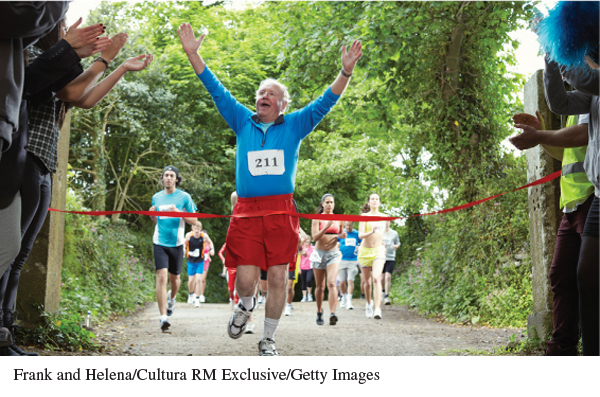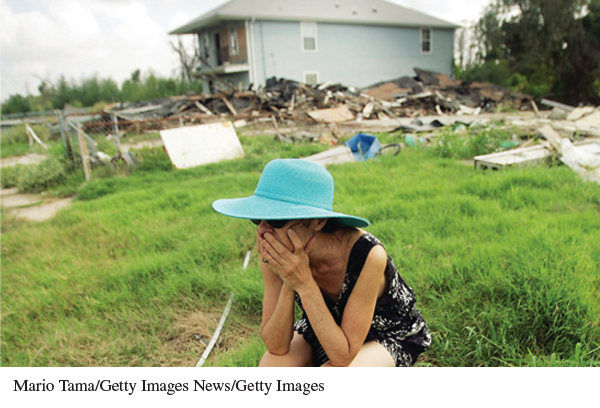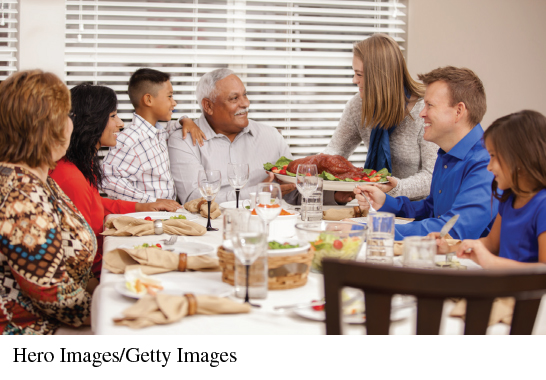Introduction to Chapter 4
46
Instructor's Notes
To download handouts of the Learning by Doing activities and checklists that appear in this unit, and to access lecture slides, teaching tips, and Instructor’s Manual materials, go to the “Instructor Resources” folder at the end of this unit.
4
Recalling an Experience

Randall Levensaler/Aurora Photos;
|

Frank and Helena/Cultura RM Exclusive/Getty Images;
|

Mario Tama/Getty Images News/Getty Images.
|

|
Responding to an Image
Look carefully at a photograph in this grid. In your view, when was this photograph taken? Who might the person or people be? Where are they, and why are they there? What are they doing? What relationships and emotions does the picture suggest with its focal point and arrangement? Write about an experience the image helps you recall or about a possible explanation of events in this picture. Use vivid detail to convey what happened to you or what might have happened to the people in the picture.
47
Writing from recall is writing from memory, a writer’s richest—and handiest—resource. Recall is clearly necessary when you write of a personal experience, a favorite place, a memorable person. Recall also helps you probe your memories of specific events. For example, in a literacy narrative you might examine the significance of your experiences learning to read or write. On the other hand, in a reflection you might begin with an incident that you recall and then explore the ideas that evolve from it.
Even when an instructor hands you a subject that seems to have nothing to do with you, your memory is the first place to look. Suppose you have to write a psychology paper about how advertisers prey on consumers’ fears. Begin with what you remember. What ads have sent chills down your back? What ads have suggested that their products could save you from a painful social blunder, a lonely night, or a deadly accident? All by itself, memory may not give you enough to write about, but you will rarely go wrong if you start by jotting down something remembered.
Why Recalling an Experience Matters
In a College Course
You recall your experiences of visiting or living in another region or country to add authority to your sociology paper on cultural differences.
You recall and record both routine and unusual events in the reflective journal you keep during your internship or clinical experience.
In the Workplace
You recall past successes, failures, or customer comments to provide compelling reasons for adopting your proposals for changing a product or service.
In Your Community
You recall your own experiences taking standardized tests to add impact to your appeal to the local school board to change the testing program at your child’s school.
 When have you recalled experiences in your writing? What did these recollections add to your writing? In what situations might you rely on recollection again in future writing?
When have you recalled experiences in your writing? What did these recollections add to your writing? In what situations might you rely on recollection again in future writing?